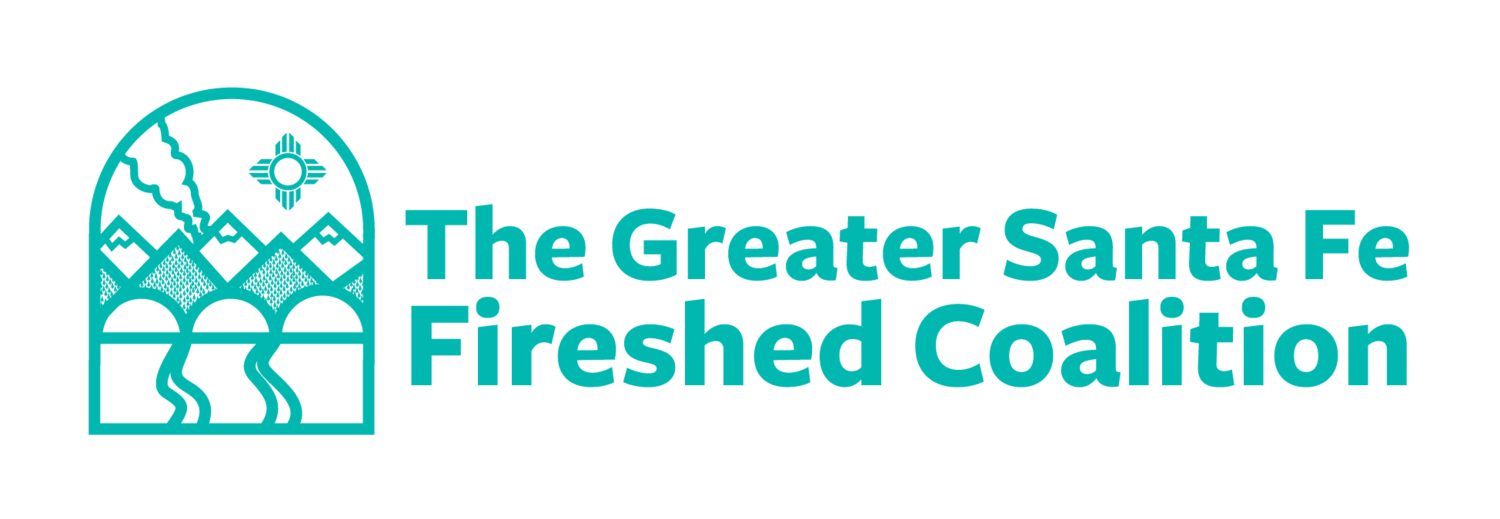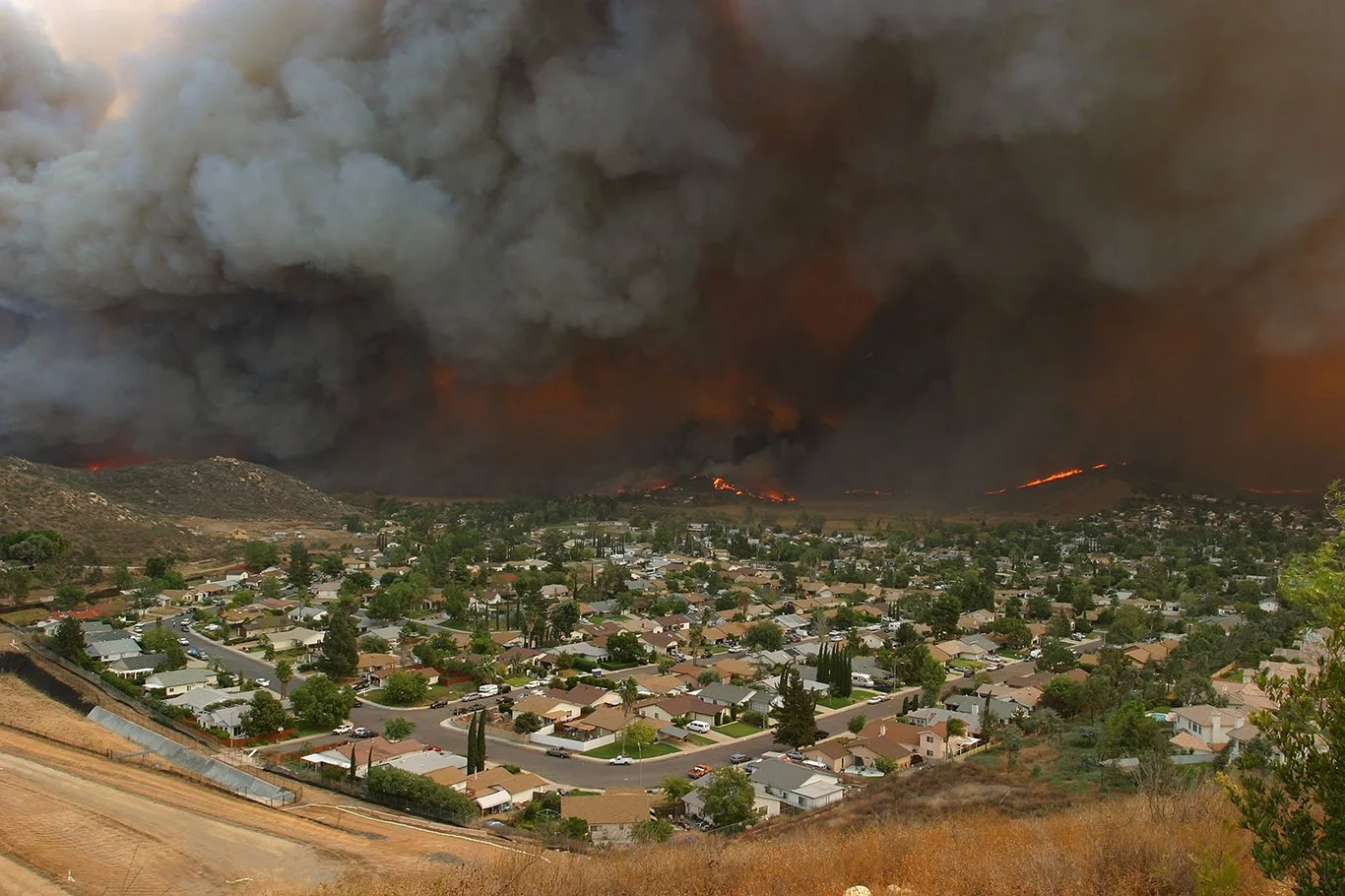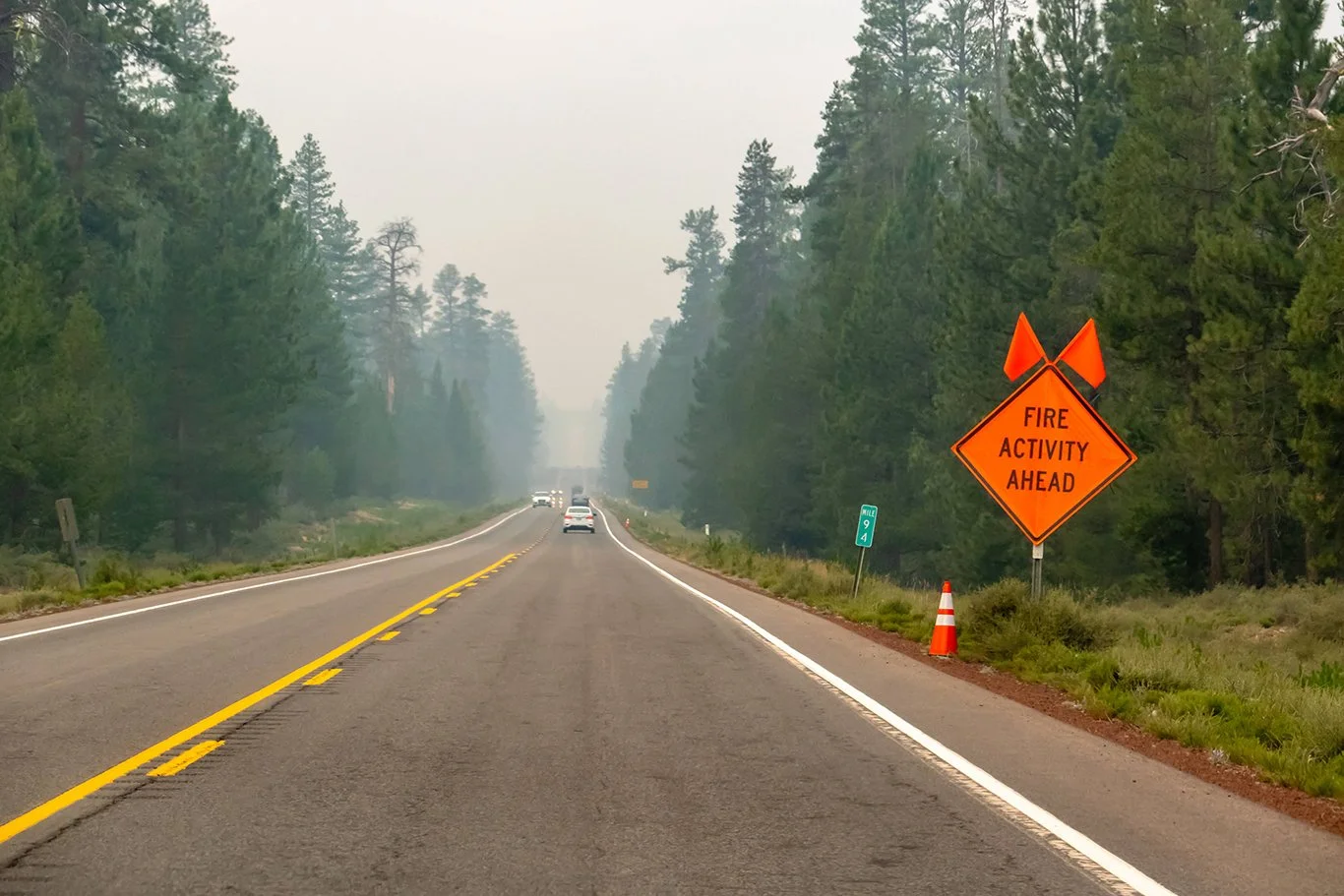Two trainings associated with the 6th National Cohesive Wildland Fire Management Strategy Workshop, taking place November 6-9, 2023, are available through Workshop partner Coalitions and Collaboratives (COCO) and the USDA Forest Service.
When: Saturday and Sunday, November 4-5, 2023, 8am-4pm
Where: Eldorado Hotel, 309 W San Francisco St, Santa Fe, NM 87501
Cost: free to participate even if participants are not attending the Nov. 6-9 Workshop. Pre-registration is required.
How: email event organizers to register for the trainings using the button below.
Training #1: Community Wildfire Mitigation Best Practices Training 2-day short course
Community Wildfire Mitigation Best Practices (CW-MBP) is designed for current or future mitigation specialists, wildfire program leads, and others working with residents and their communities to reduce wildfire risk. CW-MBP training concentrates on science, methods, and tools to help you engage communities and residents while also helping you to eliminate ineffective practices.
Participants should come with a basic understanding of wildfires, how structures ignite, and vegetation management practices. The course assumes you know how to mitigate, but are seeking ways to engage your community. In this workshop, you will work through some of the greatest challenges facing our wildland-urban interface communities with a focus on how to increase engagement with residents and partners. The course will help you break down ineffective practices to make space for the more effective ones with a focus on on-the-ground mitigation activities.
Training #2: Leading the CWPP Process – Learn how to lead the Community Wildfire Protection Planning process
Over two days, you will learn and practice how to facilitate a CWPP process and leave with templates and access to coaching.
Participants will learn about:
Mapping the process of CWPP development
Assessing local risk with everyday tools
Gathering community input
Prioritizing treatments with partners
Creating and implementing an action plan
Participants will receive:
Ready-to-use CWPP document template
Individual coaching after the class
Community assessment, survey, and outreach templates


